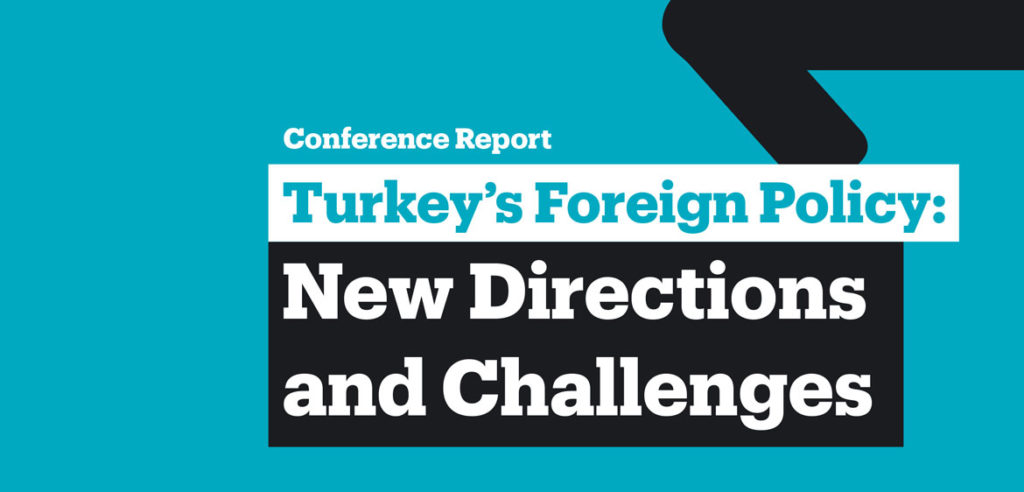The closed session, ‘Turkey’s Foreign Policy: New Directions and Challenges’ was held on October 18, 2017 with the participation of highly esteemed politicians, academics and policy experts from all over the globe. The session primarily dealt with the general landscape and contours of Turkey’s foreign policy, its main pillars and its changing dynamics. After presentations by Turkish foreign policy decision-makers on the forces of continuity and change in Turkey’s relations with the US, the EU and the Middle East; the floor to discussion was opened and distinguished participants shared their analyses.
The debate revolved around Turkey’s main principles in its foreign policy, its alliance structure, main security concerns and recent changes in all of these. It has been argued that Turkey’s foreign policy has significantly shifted after the Cold War, similar to many other countries. This has been due to the removal of the Cold War’s security and ideological constraints over the country. Once the strict confines of the Cold War were vanquished, Turkey has enjoyed a freer hand in diversifying its foreign relations and in opening up to new regions. When it comes to the recent dominant sentiment of Turkey’s foreign policy makers, it is marked by frustration emanating from the failures of its traditional allies to stand by Turkey in times when it needed support the most. Turkey, being an actor in a volatile and unstable region, tries to strike the right chord between its interests and promoting global good.
The assertion that Turkey’s relations with two of its firmest allies have taken a curious twist in the last few years was an agreed-upon issue among the participants. The relationship with the EU became tense due to difficulties in Turkey’s negotiation to become an EU member, the EU’s failure to share the burden of refugees with Turkey and the blemishing of Turkey in Europe, which is interpreted by the Turkish government because of the rising far-right. Turkey-US relations which was regarded a model and strategic partnership in the past have been tainted with the US’ rapprochement with the PKK in its fight with Daesh. Furthermore, the US’ indifference to Turkey’s demands to extradite Gulen, head of the organization, which orchestrated the July 15 coup attempt, has been taxing on relations. All the more so, troubled relations with these partners have been apparent in the Middle East where Europe was mostly incompetent in helping refugees and the US was inconsistent in its strategy. As a result, Turkey’s attempts have been twofold: first, to try to continue and normalise the relations with its partners, second, to build regional initiatives to address the region’s problems rather than seeking cooperation elsewhere.
